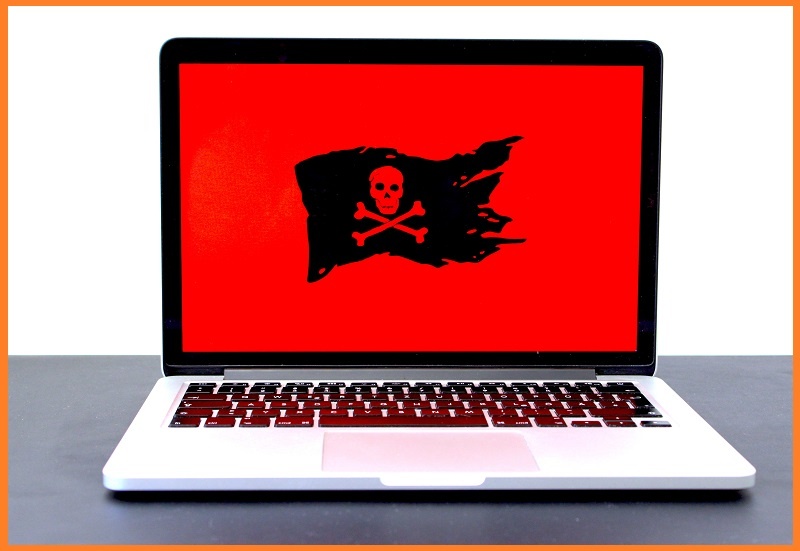
Protecting Your Medical-Health Business From The Growing Ransomware Threat
There is no denying that there are many different threats facing medical offices and businesses all around the United Kingdom today. It is well-publicised that the healthcare sector is one of the most targeted industries. Therefore, you need to be dedicated to your approach. You need to make sure that you train your employees when it comes to the threat of ransomware so that you can put the necessary steps in place to reduce the chances of any data breaches occurring.
With that being said, read on to discover more about ransomware, how it impacts the medical sector, and what you can do about it.
What is ransomware?
So, let’s explain what ransomware actually is. It is a well-known type of malicious software.
The process is usually as follows: the software infects a person’s computer, locking and encrypting the data, and then the cybercriminal will demand a ransom in order to restore access. This typically means that you are going to have to pay a large sum of money in order to get the data back or you are going to risk losing it forever.
When you consider the fact that you have a hold of a wealth of information and confidential data about your patients, you see why this is very worrying!
There are a number of different types of ransomware. Some are more harmful than others. Some of the most well-known types of malware:
- RaaS – This is also known as Ransomware as a Service. It is a form of malware that a hacker will host anonymously.
- Doxware – This can also be called leakware. It threatens to publish the data that has been stolen online if you do not pay a ransom.
- Scareware – This is a fake form of software. It acts like a cleaning tool or an antivirus. Scareware usually claims to have found problems on a PC, demanding cash for the issue to be resolved. Some forms of scareware will flood your screen with pop-up messages and annoying alerts whereas others will lock your computer screen.
- Lockers – This form of ransomware is one that will infect your employee’s operating system so that you are fully locked out of your PC. This means that your employees will not be able to access any of your applications or files.
Worrying statistics about ransomware in the healthcare sector
Now that you have a better understanding regarding what ransomware is, it is important to establish the impact that this is having on the healthcare sector. The statistics below should help you to establish this…
- The healthcare sector is the number one cyber attacked industry
- 45 percent of all ransomware attacks in 2017 involved medical organizations
- More than half of IT professionals believe that the healthcare sector is not ready to handle the threat of ransomware or any other cyber security threat for that matter
- By the end of this year, healthcare organizations are expected to fall victim to a ransomware attack every 14 seconds
- In 2017, it took 308 days on average for a healthcare organization to realize that they had been the victim of a ransomware breach
How to minimize the risk of ransomware at your healthcare business
There are a number of different steps you can take in order to minimize the risk of ransomware at your healthcare business. This begins with securing your IT infrastructure. There are many different elements involved in this; from content filtering and routine software patching to endpoint security and firewalls. Here is a quick overview of some of the different things that you can in order to prevent ransomware at your business…
- Establish a security policy and make sure that employees are aware that they need to inform your IT department if they have suspected a breach or they are going to be logging into the healthcare system while travelling
- Make sure all software and systems are up-to-date with relevant patches, from your employee wellness app to your accounting software
- Do employee content filtering and scanning on your healthcare mail servers
- Use a reputable antivirus software and a firewall
- Make sure employees are thoroughly trained in avoiding giving away personal information of any nature when they answer the phone
- Do not pay a ransom; it only encourages the attacker and there is no guarantee you will get your files back
You also need to make sure that your employees are trained in ransomware and how to minimize the risks that are associated with it. After all, insider attacks tend to be the main reason for cyber security breaches. These are not usually malicious employee attacks (although they can happen). Rather, they are breaches that have happened because of an employee mistake. When your team members are not trained in IT security, it’s like asking for a breach to happen.
This is why you need to bring in an IT company that can bring the knowledge and resources to help you with the task at hand.
You need a company that not only understands IT security but also understands the healthcare sector and the unique risks that are associated with this industry. This is not only important in terms of safeguarding your business but also ensuring you are HIPAA compliant. An IT company that specializes in healthcare will understand the complexities and security compliance regulations.
So there you have it: everything you need to know about ransomware in the healthcare sector.
There is no denying that this is a huge concern for medical businesses all across the country. However, if you are prepared and you make the most of IT services for healthcare businesses, you can have the peace of mind that you are doing everything in your power to lower the risk of your healthcare company being another one of these unwanted statistics. Nevertheless, you must remember that this is not something you can simply address and then forget about; you must continually address it and train your employees.


